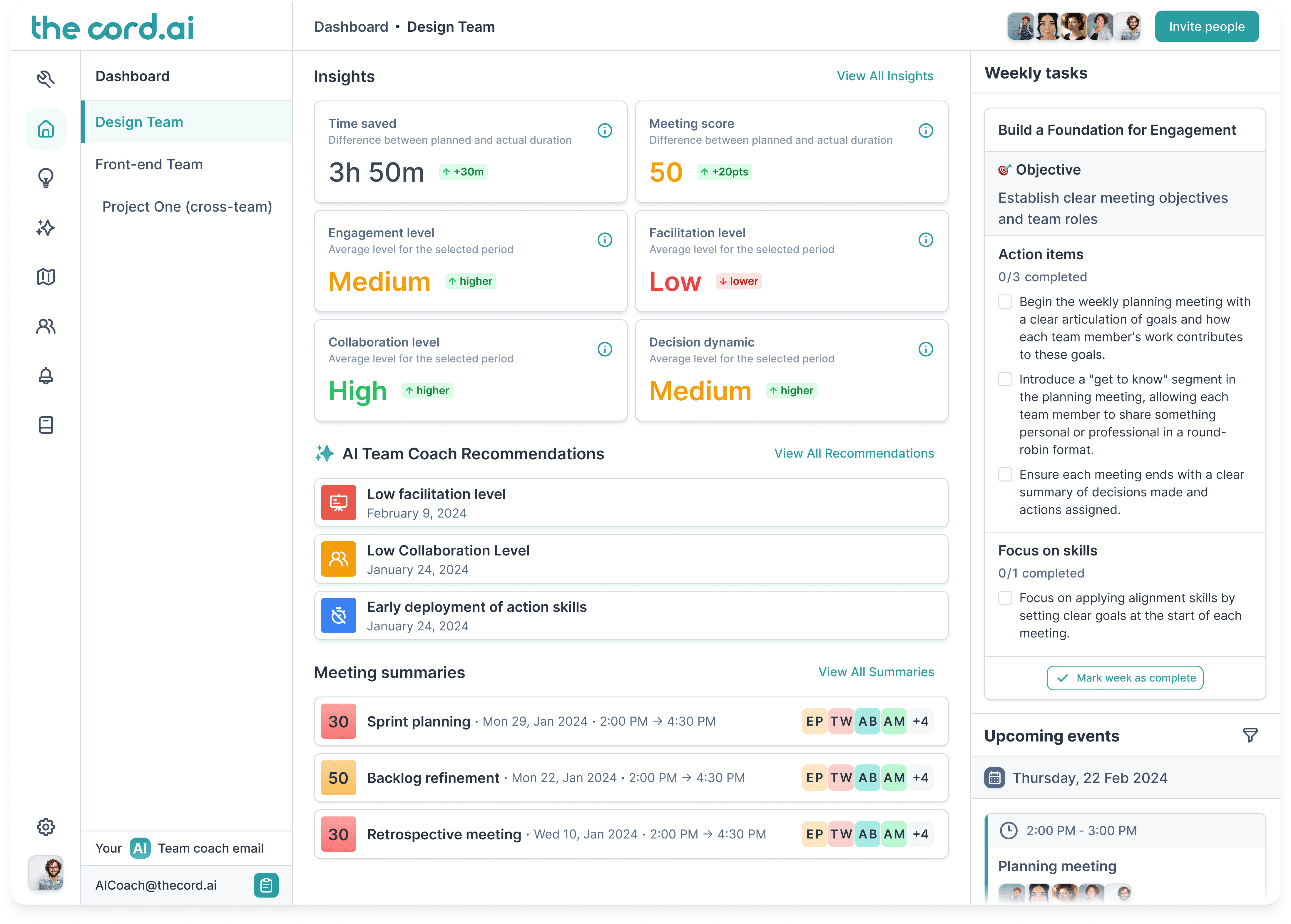As the landscape of work evolves, a profound shift is taking place in how companies are managing their employees. In response to mounting challenges in employee engagement and productivity, some innovative companies are replacing traditional managerial roles with coaches. This transition from management to coaching is not just a trend but a strategic shift that is reshaping the workplace culture towards more support, engagement, and productivity.
Take Canva for example. In a recent podcast, Cameron Adams, co-founder and chief product officer of Canva explained why the organisation has no managers, and their unique approach to coaching and performance reviews.
Understanding the shift
Traditional management often focuses on oversight and adherence to processes. However, as remote work and the demand for more dynamic work environments increase, the need for a more supportive and development-focused approach has become apparent. Coaches, unlike managers, prioritise personal development and team cohesion, which are critical for fostering a productive work environment.
Case studies
A notable example of this shift is Time Etc, a virtual assistant platform that replaced all its managers with coaches. This change led to a 20% increase in productivity and a significant rise in employee happiness. Coaches at Time Etc focus on empowering employees, emphasizing personal growth, and aligning their personal goals with organisational objectives.
Incorporating a tool like theCoRD can significantly enhance this coaching model. theCoRD’s platform facilitates deeper understanding of team dynamics and individual needs, allowing coaches to provide personalised support and development strategies effectively. By leveraging AI-driven insights, theCoRD helps coaches identify areas where employees can improve and how best to motivate them towards achieving personal and collective goals.
Why you should train your managers to be coaches
Increased productivity: employees who feel supported and understood are more likely to be productive. The personalised attention from coaches helps individuals focus on what they do best, significantly boosting output and quality of work.
Enhanced employee engagement: with coaches focusing on their development, employees are more likely to feel connected to the organisation's goals, increasing their engagement and satisfaction at work.
Reduced turnover: a coaching approach can lead to lower employee turnover as individuals feel valued and supported, making them less likely to seek other opportunities.
Improved innovation: coaches encourage creativity and risk-taking by creating a safe environment for innovation. This is particularly important in industries where innovation is key to business success.
Implementing the Coaching Model
Implementing a coaching model involves several steps:
Training for coaches: transitioning from a management to a coaching role requires training and a new skill set focused on development rather than supervision.
Tools and resources: providing coaches with the right tools, like theCoRD, to understand and support their teams effectively.
Cultural shift: promoting a culture that embraces continuous learning and personal development, supported by coaching.
This move from managers to coaches represents a paradigm shift in organisational leadership. This approach not only enhances productivity and employee satisfaction but also aligns with contemporary work dynamics that favor flexibility, personal growth, and team cohesion. As more companies witness the benefits of this model, it is likely to become a standard practice in the future of work.











